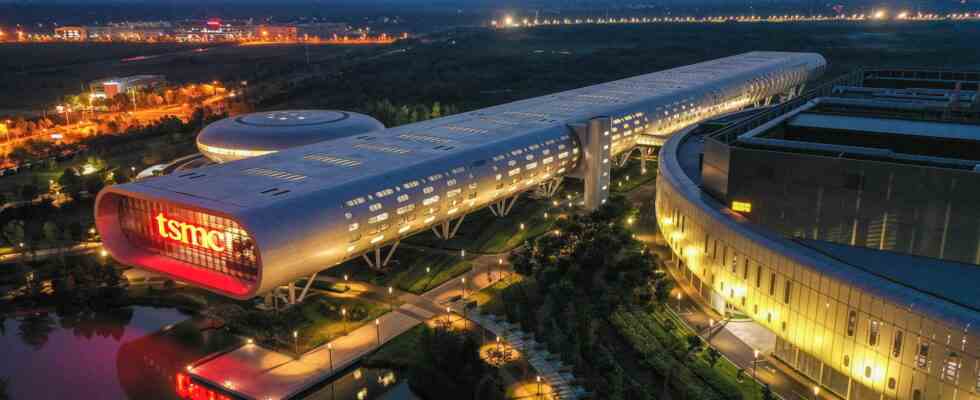Status: 08.10.2022 15:04
As a maker of microchips, Taiwan has made itself indispensable to the world, creating an invisible shield for itself. But not only China is working to change that.
Around noon, things get hectic in the port of the small fishing town of Ta-Hsi in north-eastern Taiwan. Then dozens of boats come back from the sea and bring fresh catch ashore. But the mood among the fishermen and market people has been tense lately. It’s only been a few weeks since rockets practically flew over their heads. A foreign military force appeared just offshore. It was China’s armed forces that rained bullets into the sea.
“They shouldn’t harass small countries!” grumbles a fishmonger, still very upset. His neighbor worries “that we could end up like Ukraine”. The danger increased in the region. The People’s Republic of China claims the island more and more aggressively. The fact that there hasn’t been a war so far also has something to do with Taiwan itself.
Economically, the whole world needs free Taiwan. The island is essential for the production of microchips, also known as semiconductors. Because no one is that effective at making the microscopic circuits and applying them to silicon wafers. They control smartphones, washing machines, laptops and much more. A large proportion of the most powerful chips in new electronic devices come from Taiwan. Likewise the world market leader in the industry, the company TSMC.
“Fragile, Complex Weave”
This has far-reaching political consequences, explains Janka Oertel, security expert from the European Council on Foreign Relations. Because the chip industry is globally networked: “If a delivery from Taiwan is no longer possible, but also a supply of the various ingredients, then it collapses very quickly. It’s a fragile and very complex network.” A war over Taiwan would disrupt the supply chain and cause turbulence around the world. That would also harm the potential attacker.
There is also talk of the “silicon shield” that protects Taiwan from an attack. But this protective shield has cracked in recent years. Other countries are working to reduce dependency on Taiwan.
The USA want to bring chip production back to their own country: Intel is building a modern plant in the Arizona desert with billions in subsidies. China wants to make its economy completely independent of subcontracting and is aiming for market leadership in high-tech industries by the end of the decade.
Global competition for chips
More high-tech chips are also to be manufactured in Europe. The EU is giving 43 billion euros for this, decided in the “EU Chips Act”. Europe already has one trump card: In Veldhofen in the Netherlands, the company ASML builds machines for semiconductor production that are in demand all over the world – including in China. But the Dutch government no longer grants export permits, also at the request of the USA.
No one can predict how long Taiwan can stay ahead in this global competition. For the freedom of the island it is a crucial question.
Ironically, a pioneer of the domestic chip industry no longer wants to rely on the supposed “silicon shield”: The entrepreneur Robert Tsao, once the founder of the chip manufacturer UMC, caused a stir with an announcement in the summer. He will donate 100 million euros from his private fortune to improve Taiwan’s defense.
“If you come, we will fight”
Technology tycoon Tsao fears that Taiwan’s state-of-the-art chip industry could make it a military target for China. Gaining control of the island’s semiconductor factories would give Beijing a powerful bargaining chip.
Striking pose in a bulletproof vest and helmet: Robert Tsao announcing his plans to pay for the basic military training of hundreds of thousands of civilians.
Image: REUTERS
That’s why Tsao wants, among other things, to have 300,000 civilians trained in weapons at his own expense. They are to support the Taiwanese armed forces in the event of war. He addressed clear words to Beijing: “If you come, we will fight to the last man.”
For Taiwan, joining the People’s Republic of China would mean the end of democracy. An economic disaster for the rest of the world.


